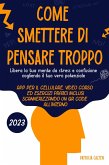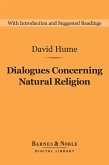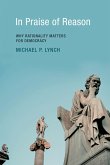In "Rationalism," J. M. Robertson embarks on a rigorous exploration of philosophical thought, examining the interplay between reason and belief systems throughout history. With a keen analytical eye, Robertson articulates the nuances of rationalist philosophy, interweaving historical context and contemporary relevance. His erudite prose is complemented by a methodical structure, which guides readers through the dialectical process, shedding light on the often contentious relationship between empirical evidence and metaphysical assumptions. This work stands as a significant contribution to epistemology, challenging preconceived notions while invoking the legacy of Enlightenment thinkers. J. M. Robertson, a prominent figure in early 20th-century philosophy, was deeply influenced by the intellectual currents of his time, including the rise of positivism and scientific inquiry. His background in literature, combined with a profound interest in the mechanics of human thought, informed his perspective on rationalism. As a scholar committed to uncovering the intricacies of human reasoning, Robertson draws upon a wealth of historical texts and philosophical doctrines, allowing readers to traverse the development of rationalist thought meditated by his own unique insights. "Rationalism" is an essential read for anyone interested in philosophy, particularly those seeking to understand the foundational aspects of rational thought and its implications in modern discourse. Scholars, students, and inquisitive minds alike will find Robertson's incisive analyses not only enlightening but also vital for engaging with ongoing debates about knowledge, belief, and the nature of reality.
Dieser Download kann aus rechtlichen Gründen nur mit Rechnungsadresse in A, B, BG, CY, CZ, D, DK, EW, E, FIN, F, GR, H, IRL, I, LT, L, LR, M, NL, PL, P, R, S, SLO, SK ausgeliefert werden.









